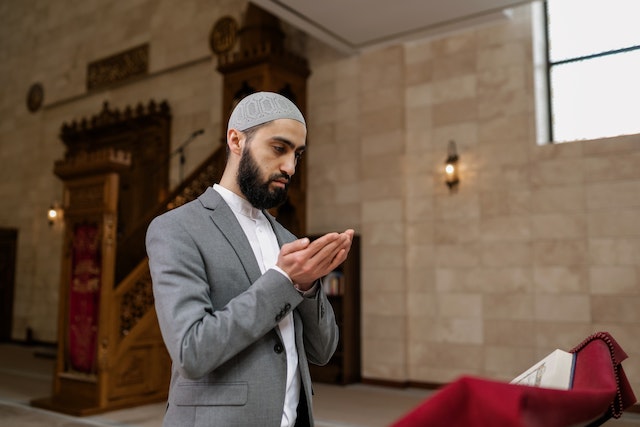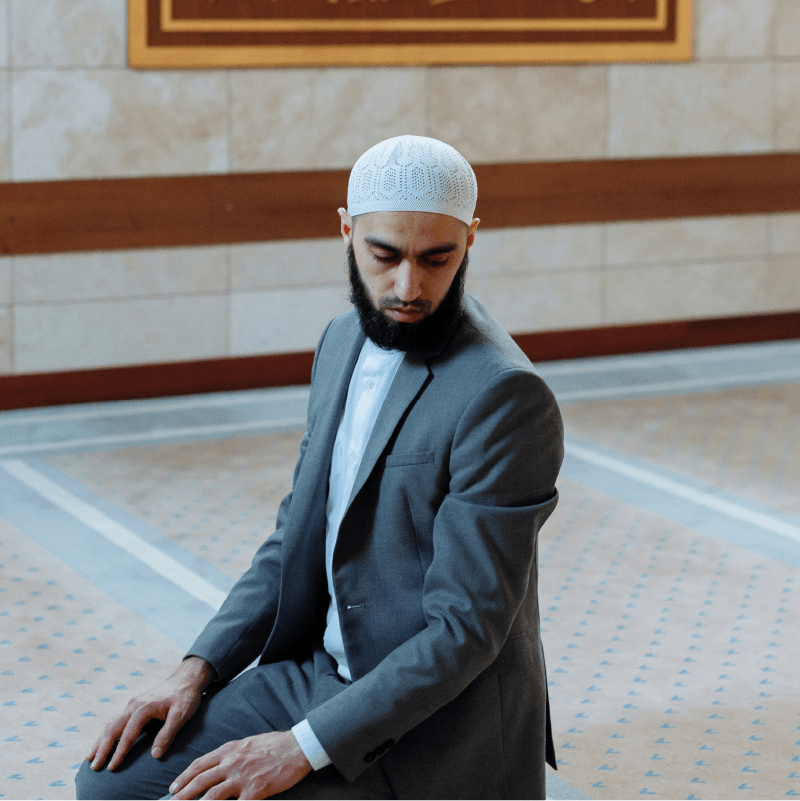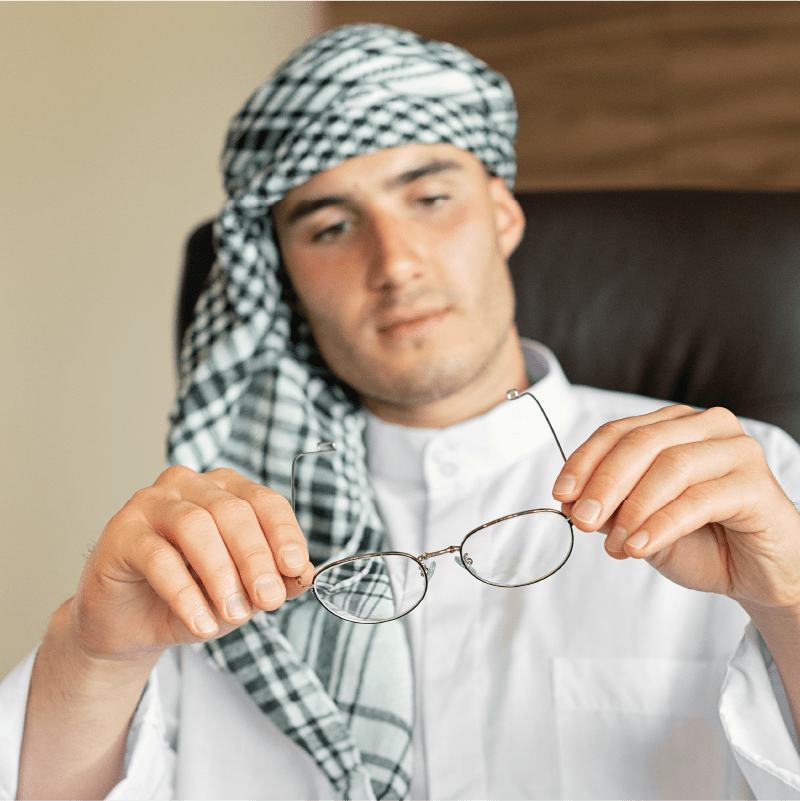Assalamu alaikum dear sisters! 💝
Are you wondering about the role of a wali in your marriage journey? You're not alone! Many sisters ask us about Islamic guardianship, and today, we're going to explore this beautiful aspect of our deen together, in sha Allah.
What is a Wali in Islam? 🤔
A wali is more than just a guardian - they're your protector, advisor, and advocate in your marriage journey. Think of them as Allah's gift to ensure your path to marriage is blessed, protected, and follows Islamic guidelines.
Allah سُبْحَانَهُ وَتَعَالَىٰ tells us in the Qur'an: "Men are the protectors and maintainers of women" (Surah An-Nisa, 4:34)
Why Do You Need a Wali? 💫
Our beloved Prophet ﷺ emphasized the importance of a wali through several authentic hadith. Here's why having a wali is such a blessing:
- ✨ Protects your honor and rights
- ✨ Helps evaluate potential spouses
- ✨ Ensures your marriage follows Islamic guidelines
- ✨ Provides wisdom and guidance
- ✨ Guards against exploitation
The Wali's Role in Marriage Conversations 🤝
Dear sisters, here's something crucial to remember: your wali needs to be present during all conversations with potential spouses. This isn't just a formality - it's a beautiful protection Allah سُبْحَانَهُ وَتَعَالَىٰ has given us.
Our beloved Prophet ﷺ taught us: "No man should be alone with a woman unless there is a mahram present." [Bukhaari (5233) and Muslim (1341)]
And: "Indeed, no man is alone with a woman but the Shaytaan is the third one present." [Tirmidhi (2165)]
What This Means in Practice: 📱
- ✨ Conversations should include your wali
- ✨ Video calls must have your wali present
- ✨ Phone calls should be on speaker with your wali
- ✨ Text conversations should be in a group chat including your wali
- ✨ In-person meetings must always have your wali present
Why This Matters: 💫
- Protection: Guards both parties from falling into inappropriate situations
- Clarity: Keeps conversations focused on marriage
- Efficiency: Helps avoid wasting time with unsuitable matches
- Barakah: Brings blessings by following Allah's guidance
- Support: Your wali can offer valuable insights during conversations
Remember, sisters - this isn't about restricting you, but about protecting you and keeping the process halal and blessed. When both parties respect these boundaries, it creates a foundation of trust and respect for the potential marriage, in sha Allah. 🌟
Who Can Be Your Wali? The Complete List 📝
Allah سُبْحَانَهُ وَتَعَالَىٰ has made this clear for us. Your wali should be:
- A woman’s wali is her father,
- then whoever her father may have appointed before his death,
- then her paternal grandfather or great-grandfather,
- then her son, then his sons or grandsons,
- then her full brother,
- then her brother through her father,
- then the sons of her brother through both parents,
- then the sons of her brother through her father,
- then her uncle (her father’s brother through both parents),
- then her father’s brother through the father,
- then the sons of her father’s brother though both parents,
- then the sons of her father’s brother through the father,
- then whoever is more closely related, and so on – as is the case with inheritance.
- The Muslim leader (or his deputy, such as a judge) is the wali for any woman who does not have a wali of her own.
Essential Qualities of a Wali 🌟
Your wali should be:
- A Muslim
- Male
- Of sound mind
- An adult
- Of good character (practicing Islam)
- Wise and mature
- Understanding of marriage matters
The Beautiful Wisdom Behind the Wali System 💝
The wali system isn't just a requirement - it's a manifestation of Allah's mercy. Your wali:
- Brings experience and wisdom to your marriage search
- Helps ensure compatibility with potential spouses
- Strengthens family and community bonds
- Protects your interests throughout the process
Common Questions About Walis ❓
-
"Can my wali force me to marry someone?" No! Your consent is absolutely necessary for marriage.
-
"Can my wali be female?" The hadith is clear that the wali must be male, as our Prophet ﷺ taught us.
-
"What if my wali is refusing a good proposal?" Islamic scholars can help mediate such situations.
Final Thoughts 🌺
Dear sister, remember that the wali system is a gift from Allah سُبْحَانَهُ وَتَعَالَىٰ to protect and guide you to a blessed marriage. Make dua for Allah's guidance, have sabr, and trust in His perfect plan for you.
At Sunni Marriage, we're here to support you every step of the way. If you have questions about finding or working with a wali, our team is here to help, in sha Allah.
May Allah سُبْحَانَهُ وَتَعَالَىٰ make your path to marriage easy and blessed. Ameen. 💫
And Allah knows best.



